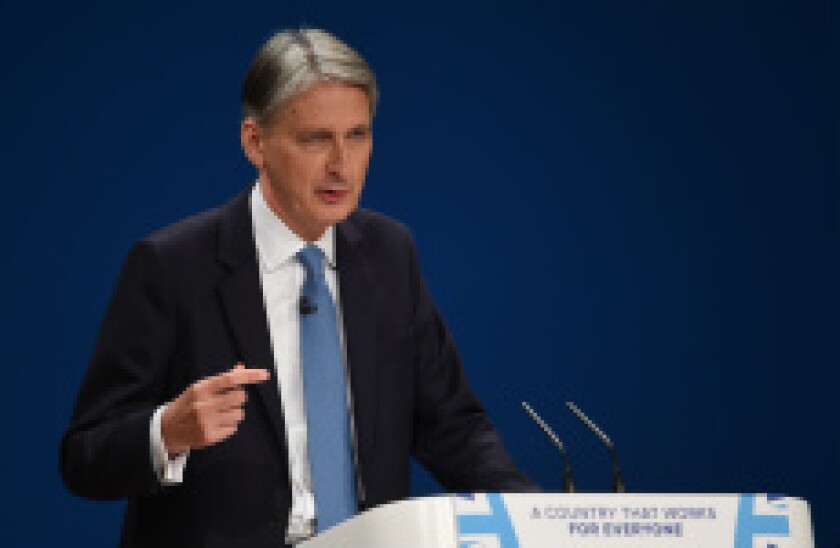Often, the critics are unjust: they take no notice of how hard it can be to price and sell an asset accurately, or of the fact that the private sector has little interest in taking on state assets unless it can make a handsome profit.
As it happens, GlobalCapital still thinks the state is a better holder of UK student loans than the private sector. But since the government is determined to sell, we have some doubts about the method.
Anxious about giving away too much to the buyer, the government has built in a clawback mechanism, allowing purchasers some profit, but not too much. Half of anything over a given rate goes back to the government.
Since the type of loans on offer are a new asset class, fiendishly hard to model, and geared to the UK’s broad fortunes as it sails messily out of the European Union, one can understand the worry, and the desire to protect taxpayers.
But for every pound of profit potential taken away, private equity, the likely buyers of the book, will lower their bids. The deal is complex enough that it will never be clear how much the government lost out by adding the clawback — but lose out it will.
The portfolio’s performance is uncertain, and can’t be influenced by buyer or seller, but the government can bear financial risk better than any investment firm, so buyers will in theory lower their bids more than the government stands to gain.
A heavy price to save the government’s blushes.

